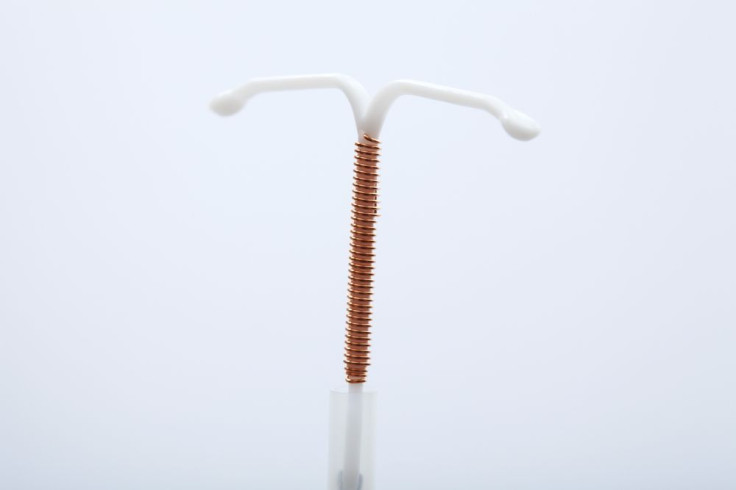Free Birth Control Lowers Pregnancy And Abortion Rates; Pro-Lifers Forced To Choose Lesser Of Two Evils

Pro-life supporters may want to take note of a new study to be released Wednesday in the New England Journal of Medicine. Teenage girls who take free birth control are more likely to avoid getting pregnant, meaning some of them won’t go on to have an abortion. That’s good news for pro-lifers who try to prevent people from getting abortions; however, those who believe artificial birth control is abortifacient may need to decide which is the lesser of the two evils.
“When we removed barriers to contraception for teens, such as lack of knowledge, limited access, and cost in a group of teens, we were able to lower pregnancy, birth, and abortion rates,” said Dr. Gina Secura, the study’s first author and director of the Contraceptive CHOICE Project, which provided teen girls with birth control, in a press release. “This study demonstrates there is a lot more we can do to reduce the teen pregnancy rate.”
Teenage pregnancy rates have been on a steady decline for a while now, as programs like CHOICE and public awareness about contraception grows. The researchers found that their program, in which teenage girls were given free long-term forms of birth control like intrauterine devices (IUDs) and implants, led to an average pregnancy rate of 34 per 1,000 teens aged 15 to 19 between 2008 and 2013. The general population, meanwhile, had an average pregnancy rate of 158.5 per 1,000 teens. Birth rates followed a similar trend with about 19.4 per 1,000 participating teens giving birth compared to 94 per 1,000.
Their most significant finding, however, was that abortion rates dropped far below those of the general U.S. population, at 9.7 per 1,000 teens compared to 41.5 per 1,000 teens. This data shows that when teen girls are shown how to properly care for their bodies, and are given the tools to do so, abortion rates go down; and subsequently, risk of the health and social consequences of undergoing one.
But access to contraception is another issue. The Supreme Court ruled in June that arts-and-crafts company Hobby Lobby would not be mandated under the Affordable Care Act to provide its employees with certain types of contraception, including IUDs. The basis behind Hobby Lobby’s argument was that it violated their religious beliefs, and that the purpose of IUDs and morning after pills was more along the lines of aborting pregnancies than preventing them. On top of that issue, some doctors aren’t trained how to properly place IUDs or implants, and many of them don’t even talk to teens about sexual activity.
The study involved 1,404 teens, of whom 72 percent chose to use an IUD or implant. IUDs and implants are small rod-shaped devices that are inserted into either a woman’s uterus or arm, respectively, to prevent pregnancy. The researchers noted that only about five percent of U.S. teens choose these two types of contraception due to certain barriers, such as those mentioned above. Also, once they began using them, they used them for longer than those who chose short-term contraceptives like pills. Two-third of teens were still using the IUDs or implants two years after beginning the study, compared to a third of those using pills and the like.
“We were pleasantly surprised by the number of teens choosing IUDs and implants and continuing to use them,” said Dr. Jeffrey Peipert, principal investigator of CHOICE, in the release. “It’s exciting that this study could provide insight into how to tackle this major health problem that greatly affects teens, their children, and their communities.”
Source: Secura GM, Madden T, McNicholas C, et al. Provision of no-cost, long-acting contraception and teenage pregnancy. New England Journal of Medicine. 2014.



























